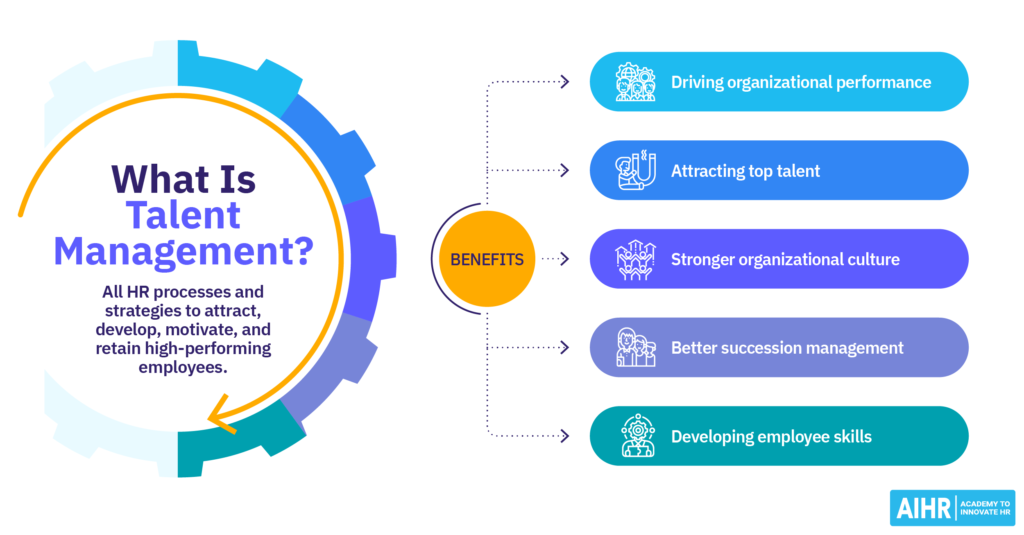Social control in sociology refers to the different patterns in which social orders within a society are maintained or regulated.
These mechanisms can either be formal or informal, overt or covert. In most cases, it can range from institutionalized systems to some interpersonal interactions.
These mechanisms of social control in sociology are generally used by societies to regulate and maintain social order, norms, and values.
These may include both formal control and informal control. These controls are in the form of laws and legal systems enforced by government bodies and those that involve socialization, internalization of norms, and peer pressure.
Also, some other mechanisms are found in cultural control patterns, which involve shared beliefs, values, and traditions.
Furthermore, enforcing self-control is where individuals regulate their behavior based on internalized moral standards already established.
12 Key Mechanisms Of Social Control In Sociology

These mechanisms work together to help ensure social balance, stability, and the overall progress of a society.
Here are 12 key mechanisms that can be used for social control in sociology:
1. Laws and Legal Systems
The most obvious and formal mechanism of social control and management is the use of laws and legal systems.
Laws and regulations can be used to set the boundaries for acceptable behavior and to enforce consequences for those who violate these rules.
These laws and legal systems provide a framework that helps maintain social order and also ensures the rule of law.
But note that legal systems typically involve a hierarchy of courts, police forces, and other law enforcement agencies as well. These various bodies simultaneously work together to uphold the law and punish offenders.
2. Education
Another form of social control method is the use of schools and educational institutions. They play a very important role in socializing individuals into the norms, values, and beliefs of their society.
Especially through the curriculum, the teaching methods, and extracurricular activities. Education generally instills knowledge and attitudes that contribute to social control.
Although many still debate the values of education in this regard because of some ideal cases that have opposed this method,.
Still, it can not be doubted that educational systems often promote national identity, civic responsibility, and respect for authority.
3. Religion
Another mechanism of social control in sociology is the use of religion. Religious institutions are often beloved for acting as agents of social control by promoting moral codes and guiding individuals’ behavior. And in essence, through these beliefs in divine retribution or reward, a lot is averted.
Religious teachings always have a way to influence people’s attitudes, values, and decisions, hence also shaping their actions.
Religious organizations also provide a good support system and a community that reinforce social norms and values.
4. Mass Media
Also, media outlets like television, newspapers, radio, and even the internet are used to disseminate information and shape public opinion.
These mediums can change individuals’ concepts about reality, affect social norms, and promote certain values and beliefs.
Mass media can also be used to spread government propaganda, corporate messages and a make-believe concept that further shapes public attitudes and behaviors.
5. Family Socialization
In every society, the family plays a significant role in shaping individuals’ attitudes, values, and behaviors. In the family, the parents and other family members are tasked with teaching the children the norms and expectations of their society.
This responsibility helps these children or young adults to be able to navigate social situations and develop a sense of identity.
The way the family is perceived can also influence individuals’ willingness to conform or deviate from social norms.
6. Peer Pressure
Sometimes interpersonal interactions within a set of social groups can help influence an individual’s behavior generally. Peer pressure can affect you both positively and negatively. It can either encourage or discourage conformity or deviance.
Also to mention is that the effect of peer pressure is dependent on the context and the individuals involved. Peer groups can give support and offer encouragement for conformity, or they can also be a source of influence for unacceptable behaviors.
7. Conscience and Internalization of Norms
Some internalized norms and values that we carry in our hearts help shape our perceptions of what is acceptable or unacceptable behavior.
This self-social control guides your actions without the need for external retributions, because people generally feel a sense of moral obligation to adhere to societal expectations.
When a norm is internalized, it can be particularly strong if it also aligns with an individual’s personal values and beliefs.
8. Surveillance and Monitoring
In recent years, our society has drastically experienced some sort of change because of the use of surveillance technology.
These surveillance technologies and increased monitoring of individuals’ behavior are becoming more prevalent.
CCTV cameras, facial recognition software, and some online tracking tools can all contribute to social control in some way.
These can be used to control deviant behavior and enable authorities to identify and punish offenders of social standards. Surveillance can also be exercised through informal means, like:
- Some neighbors watching each other’s homes
- Or colleagues monitoring coworkers’ performance.
9. Economic Sanctions
While there are normal means used to maintain social control, there are still some abstract means, like using socioeconomic factors, that can also act as a mechanism.
Surprisingly, poverty, unemployment, and limited access to resources can be used to create pressure on individuals to conform to societal norms.
Here, individuals are made to know that deviance may lead to further economic disadvantage. Hence, economic inequality reduces control over society because those with fewer resources may be more vulnerable to exploitation.
10. Labeling and Stigma
Another means is the labeling and instigation of stigmas. A state where there are societal reactions to deviant behavior, such as labeling and stigmatization, can form social control. Individuals who are labeled as deviant may face social isolation, rejection, or exclusion in most cases.
Although it is not a form of punishment alone, it also deters them from engaging in further deviant behaviors. Stigmas can be particularly powerful when it are associated with deeply held cultural or moral beliefs.
11. Conformity and GroupThink
Sometimes, the desire to fit in and belong to a group can lead individuals to bend to the norms of their social circle. This strong pressure to conform can be so powerful in situations where group association is greatly valued, like:
- In workplaces
- Classrooms
- Close-knit communities
- Business association.
Conformity can be strongly driven by the urge for social approval, the fear of rejection, or a desire for stability and predictability.
12. Self-Regulation and Personal Responsibility
Finally, there is also room for self-regulation and personal responsibility because, in recent years, individuals have become increasingly responsible for regulating their own behavior, especially online.
Some social media platforms and other digital tools provide options and opportunities for self-monitoring. Tools like privacy settings and online reputation management add to societal control.
This self-regulation is attributed to social control by encouraging individuals to be their own police over their behavior in digital spaces. Personal responsibility for one’s actions can also extend to offline situations.
This is so strong because individuals may also feel a sense of obligation to uphold societal norms and values outside the digital space.
Conclusion
Social control in sociology has to do with a lot of mechanisms that can work together to maintain a level of social order and also regulate individuals’ behavior.
These mechanisms can be both formal and informal, as listed above. When you understand these diverse mechanisms, it helps you gain insights into the complex processes that shape human, societal and individual behavior.




